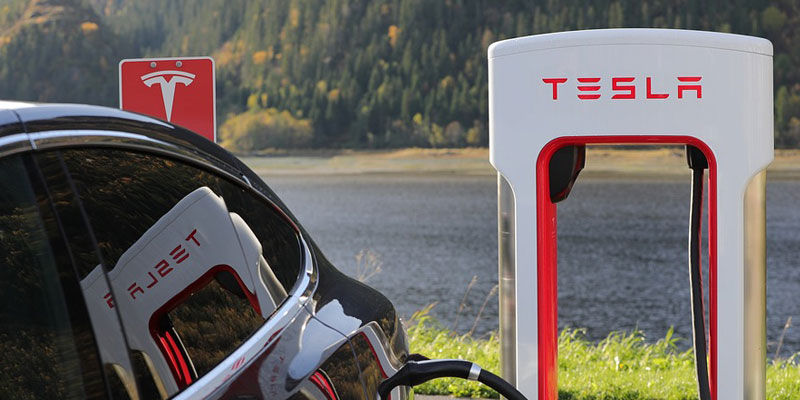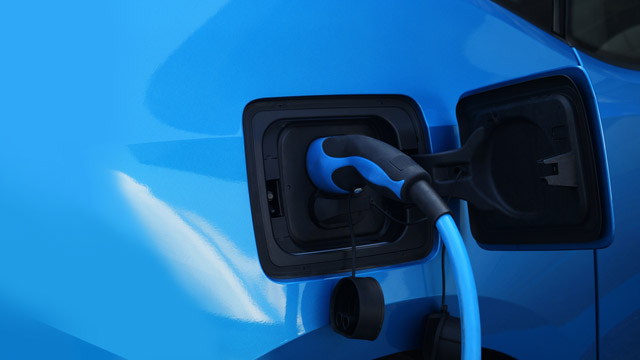There are plenty of good reasons for businesses to describe themselves as ethical. And very few of them relate to pure altruism.
Whether you’re setting up your business on the basis of your own beliefs and convictions, or you’ve done your research and decided that ‘ethical’ is where the market is heading, you’ll probably need to incorporate ethics at the heart of your business plan. That means making real decisions to do things the right way, not just giving money to your favorite charity once a year.
This is a woman’s world
Among other regulatory pressures, the EU is pushing for a quota on female representation on the boards of companies, arguing that there is “evidence that it is good for business to have diversity, to have women and men on boards. Women [make up] 65% of university graduates, so why don’t we use that talent? Anecdotally, it’s now acknowledged that large advertising contracts are much more likely to be awarded to agencies that have significant numbers of women on their boards. But the ethical employer shouldn’t stop there. It should probably go without saying that males and females doing the same job should be paid the same amount, but it’s clear that this isn’t always the case.
In the UK, the implementation of a law requiring companies to publish figures relating to wages revealed that there was a median pay gap of nearly 10% between the sexes, while in the US, Census Bureau data shows that for every dollar earned by men, women get just under 82 cents. The ‘glacial’ rate of change suggests that equality won’t be achieved until 2059.
It’s your corporate social responsibility
Many government contracts are awarded only after a full audit of a company’s Corporate Social Responsibility. The Scottish government is far from unusual in working "hard, to embed the ideals of responsible business" and preferring to partner with ethical businesses.
Complying with responsible business criteria is not only good for society, but can deliver bottom-line business benefits like better staff recruitment and retention, managing risk in supply chains, driving innovation and productivity, and opening up new markets. One need only look at the sustainable energy industry, as it has become highly profitable, as well as responsible. Take the sustainable surfwear brand Finisterre. Although its ethos is heartfelt and sincere, its brand values also reflect the interests of its consumers. Surfers have an intimate relationship with nature, are intimately connected by social media and will refuse to buy into brands that aren’t committed to preserving the environment.
The future’s bright, the future’s ethical
At the other end of the scale, automotive giant Tesla has seen the future and decided to make sure it, and its chairman, will be center stage. After decades of resisting alternatives to the internal combustion engine, electric vehicles are now seen in the public perception not just as more ethical ways to travel, but faster, more exciting ones than dirty old petrol- and diesel-fueled ones. For Tesla, ethical business practice isn’t just about finding a nice little niche. It’s about shaping the future and being rewarded with astonishing wealth.
These are some of the many huge opportunities that come with being ethical. Here are some of the threats that hover over you when you aren’t:
You can tell a company by the company it keeps
In this era of instant communication, it’s impossible to bury a scandal. When a decade-long culture of sexual harassment and intimidation emerged at a vastly influential US news channel, an advertiser boycott was quickly organized, leading to many millions of dollars of lost revenue. “Advertising executives don’t expect the brands that have pulled ads … — which include Mercedes-Benz, Hyundai, and Allstate — to return to the show anytime soon.” A climate in which mainstream brands are unwilling to be associated with controversial, even toxic organizations has led to clean-up operations in all walks of life, from entertainment to politics and business. And it’s not enough to pay lip service to ethics.
Perception is nine-tenths of the law
Whether you’re a small operator or a vast multinational, consumers are liable to take what they perceive as your deeds more seriously than the Corporate Social Responsibility section of your website. If you’re a ubiquitous high street burger brand, you’ll have to spend many millions to persuade the public that you’re a wholesome restaurant chain, in the face of relentless campaigning from environmentalists, animal rights campaigners, labor relations activists and dietitians. It's not just older brands that need to beware grass-roots campaigning in the modern world of social media activism. Tech brands like Airbnb and Uber, tiny startups just a short while ago, have already had to expensively defend their reputations against vast online scrutiny.
No whitewash. No greenwash
The visibility of your business is hugely important. If you make a product with no high street presence, with a name that isn’t consumer-facing, that doesn’t rely on public sector contracts or funding from the financial sector, you might get away with an unethical business plan. If you’re a big name with a big presence, you’d better be good. Either that, or spend a fortune persuading the public that you have their interests at heart. And even that might not work.
In the energy sector, such campaigning has been termed ‘greenwashing’ and it can be very expensive. Even after a US$200m rebranding campaign tried to convince the world that one of the biggest oil companies was a major investor in green causes, a single oil spill can remind the public that your core business has changed very little. In short, ethical business is not just a type of business – it is the nature of business in the modern world. Nowadays, companies rightly have to justify how they make money and prove their profits are not detrimental to the people and the planet as a whole. To be successful, you’ve got to be ethical.
In the age of social media, nothing is undercover
You might think you're doing the right thing when hiring staff, to weed out anyone who might be a racist, a secret-spiller or a keen arsonist. So it’s tempting to take a peak at a candidate’s presence on social media beforehand. Although there’s nothing unethical about following someone on Twitter or Instagram, demanding that potential recruits divulge their social media passwords is, with few exceptions, a definite no-no. Ironically, the power and reach of social media could mean that attempts to do so might prove extremely expensive.
Proving your ethical credentials
Before allocating their investment funds, portfolio managers need ways to evaluate a company’s business policies, using third parties such as the Ethisphere Institute. Ethisphere act as an intermediary between companies and investors, so that investors don’t have to make their own investigations. Their process involves asking companies to answer a detailed survey and submit an application fee, in order to be accredited as ‘ethical’ and receive an Ethics Quotient score.
They will also look at its corporate governance and its attitudes to insider trading, bribery, discrimination, corporate social responsibility and fiduciary responsibilities before approving a company for investment.
So, whether you're a start up or an expanding business, it's vital to make sure you have an ethical company culture and a clear strategy to keep it that way. Because when people search for your company's brand name, you'll want scandal to be nowhere near it.



















